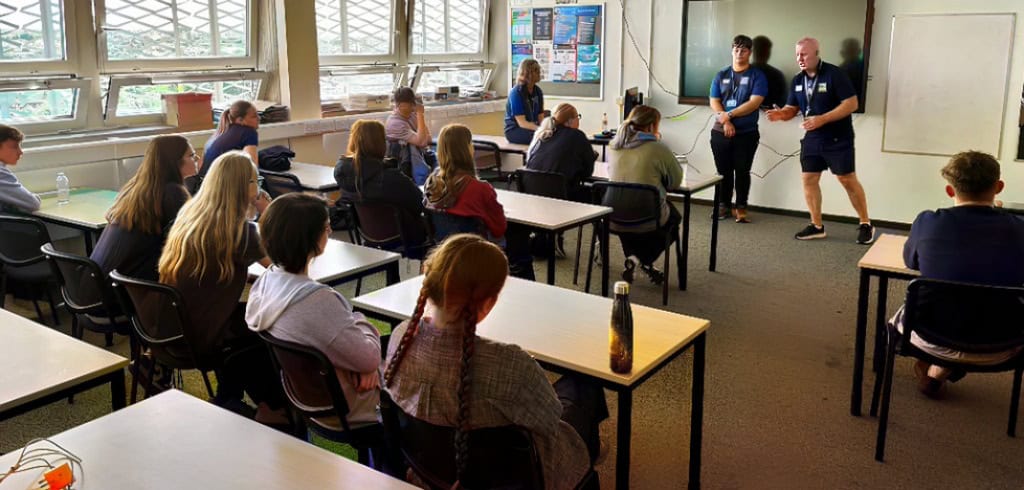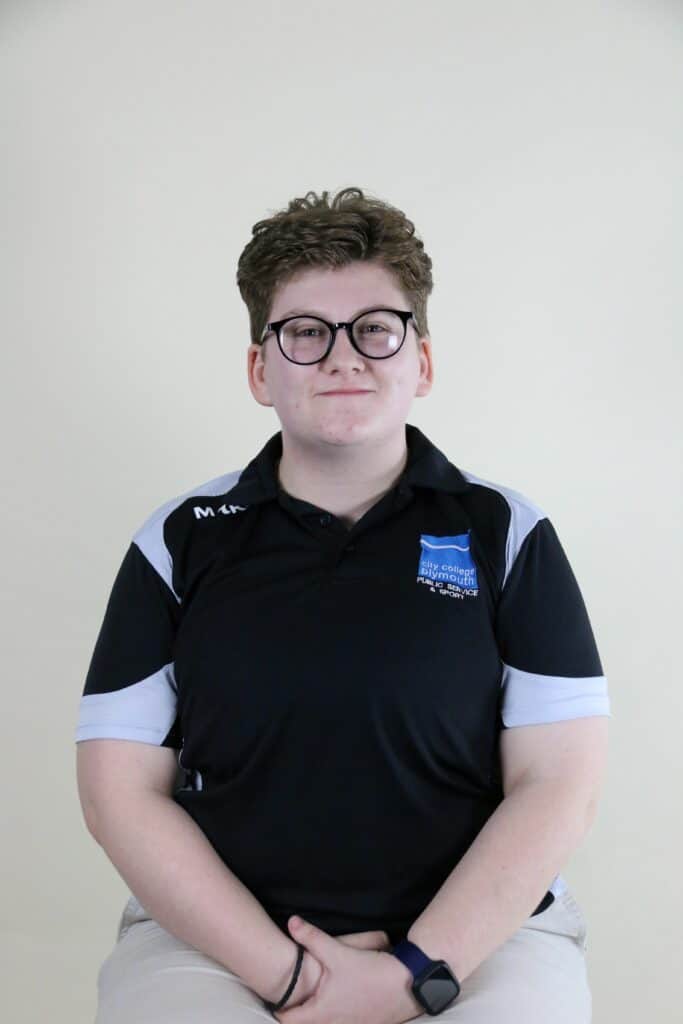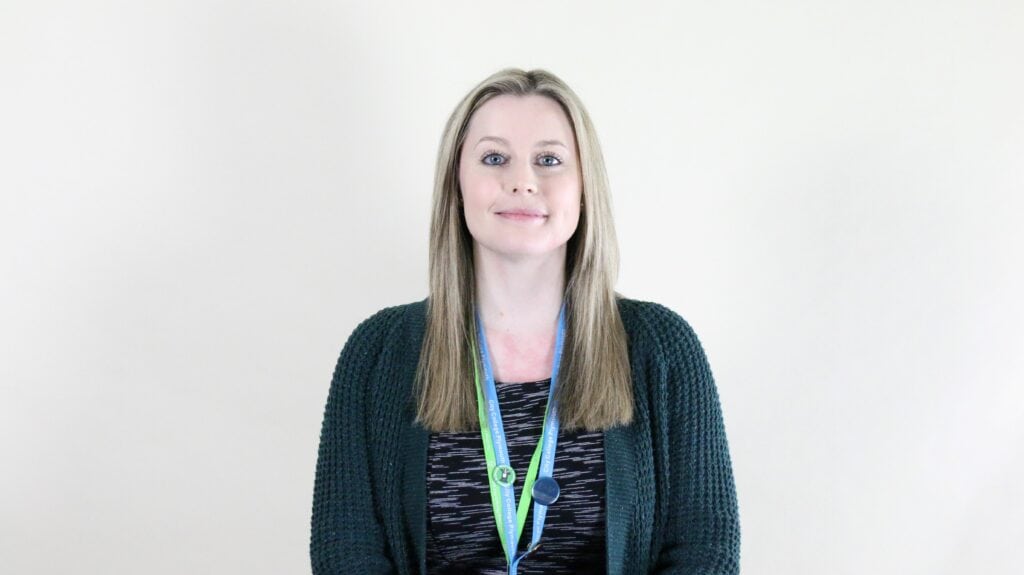With three PHDs, five master’s degrees and a wealth of industry experience in addition to the plethora of complementary bachelor’s degrees, lecturer Dr Chris Ford believes City College Plymouth could be home to the most highly qualified computing team at an FE college in the UK.
Chris said: “The levels of knowledge here and the way our lecturers’ specialisms complement one another is quite spectacular. We already have three lecturers with PhDs, with others in the team looking to do theirs. We’re all deeply interested in the latest research and developments, and we all feel passionate about contributing to the future of our industry in this way.”
Having achieved the highest level of academic qualification possible, you would probably assume that Chris had followed the traditional school-A Levels-uni route; but, like many of the students who choose to study at City College, Chris’s journey to where he is today wasn’t quite so straightforward.
Chris said: “I have high-functioning autism and, like many children with an autistic spectrum condition (ASC) who went to school before the mid-90s, school wasn’t the best experience. Schools didn’t have that understanding of ASC that they have today: I was commonly seen as the naughty child. I would be reading books way beyond my age range, and my interests didn’t suit the curriculum. I loved music though, and I started to become really interested in computers at about the age of 11.
“After leaving school, I was initially enrolled onto a Youth Training Scheme (YTS). I had no idea what career I wanted to choose, but was offered a role in a company that had taken me on as a YTS apprentice, but the wages were lower than I was happy with. This was when I realised I needed to use my brain to educate myself and that spurred me on to look into various BTECs, and I decided on computer science due to my love of computers from such a young age. The initial BTEC itself was interesting, but it involved a lot of business computing which wasn’t creative enough for my liking to make it a career.”
It was at that point Chris discovered a postgraduate diploma that brought together his two passions: music and computing, and he applied for a very selective programme in digital music technology at Keele University.
Chris explained: “I didn’t actually have a degree at that point, but I applied anyway and was somehow accepted, I think in large part to a music demo I had taken to interview. I went on to complete the course with a distinction and this put me on the path to quite a varied career that continued to merge music with computer science.
“Over the next few years I worked for a few different companies, firstly in Devon and then in London. I worked for new media companies Global Beach, Round One Media, Bray Leino and a software testing company called Extreme Development. I was loving living in London and I was doing well financially, but this period also involved quite a bit of chopping and changing, and I started to feel as though I was lacking something more permanent.”
After a few years in London, Chris returned home to Bideford in North Devon on learning his father was terminally ill and, in the wake of his dad’s passing, Chris knew the time had come to start a new path, put down some firmer roots, and to get the degree he had missed out on the first time around.
Chris said: “By this point, I was past the whole freshers, living-in-halls thing, so I started a degree in computer science at my local college. I completed the first two years there before doing the final year at the University of Plymouth and achieving first class with honours. I must have been bitten by the academia bug as I hoped to do a master’s and I was very fortunate to be awarded the Alan Turing Scholarship, which enabled me financially to achieve this goal. I was then approached by a number of my university lecturers to perform a PhD in Human Robot Interaction, which I completed in 2014.
Whilst completing his master’s, Chris took on some lecturing work at the university and found he had a talent for teaching, and he completed a PGCE in 2006. Dr Chris continued to lecture at the university for a number of years, both during and after completing his PhD and then in 2018, he was offered the chance to join City College, where he teaches at both further and higher education level, but has a particular passion for teaching the Access to HE course.
“I am the programme lead for the Access to HE: Computing course and I would say this is where my passion lies most. I think Access to HE courses are fantastic, offering everyone a second chance at a university education if, for whatever reason, life didn’t allow it the first time round. It can be a life-changing course for people. The Access course is very intense, but structured in a way that your knowledge develops in a logical way, leaving you fully prepared for the next step in your education, a university degree.
“The level of knowledge that the team shares means our students are receiving a top-quality education. Our FE and Access students go on to a range of institutions, including some of the top universities in the UK for computing, but many choose to continue their education here, and benefit from plenty of contact time, smaller groups and a flexible course that fits in around their lifestyle.”
You can see all of the computing courses taught at City College here.


